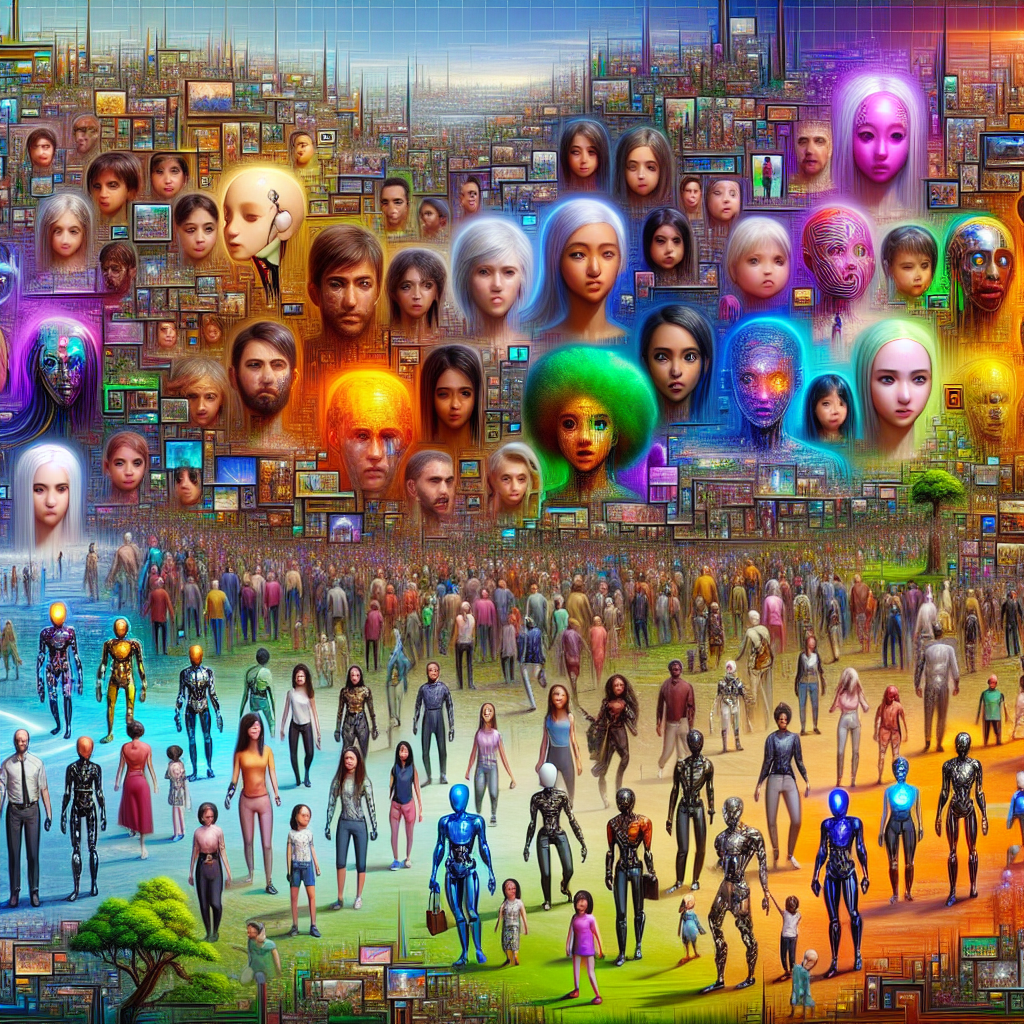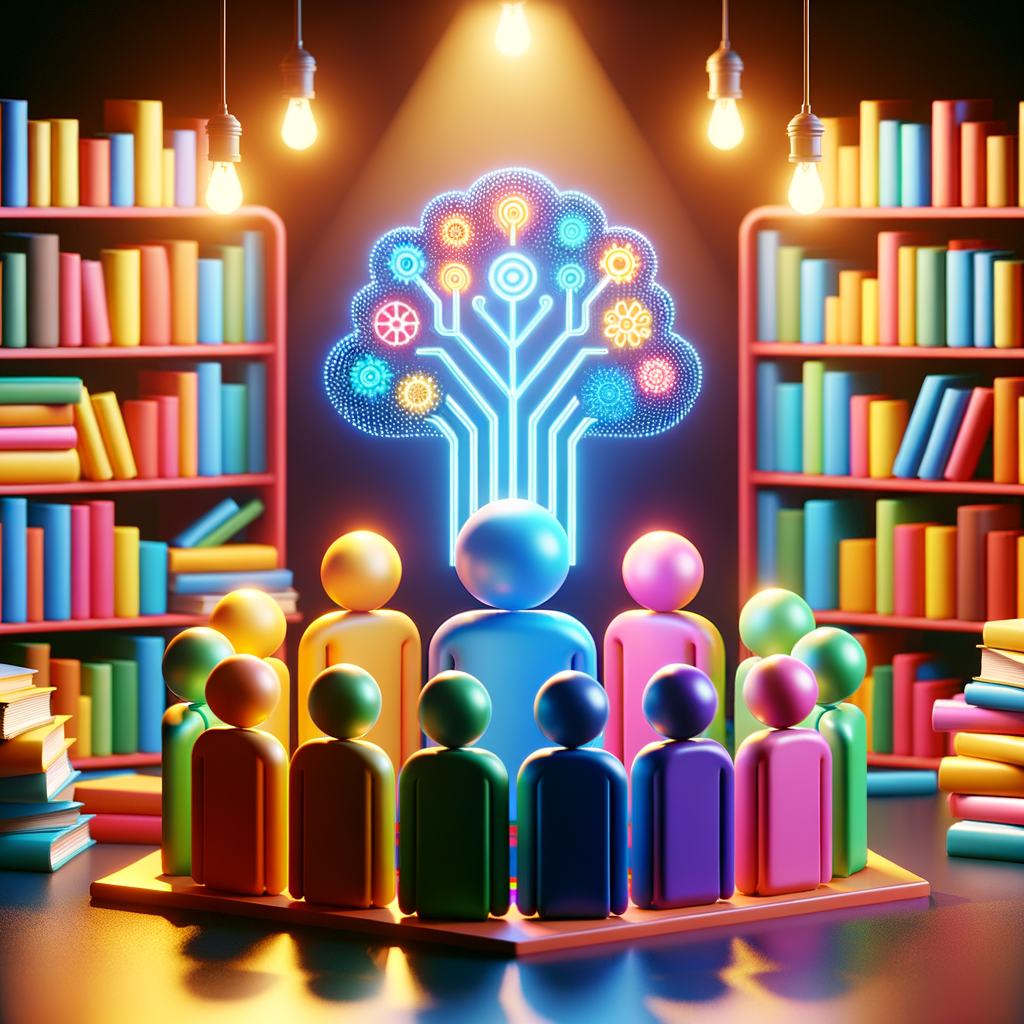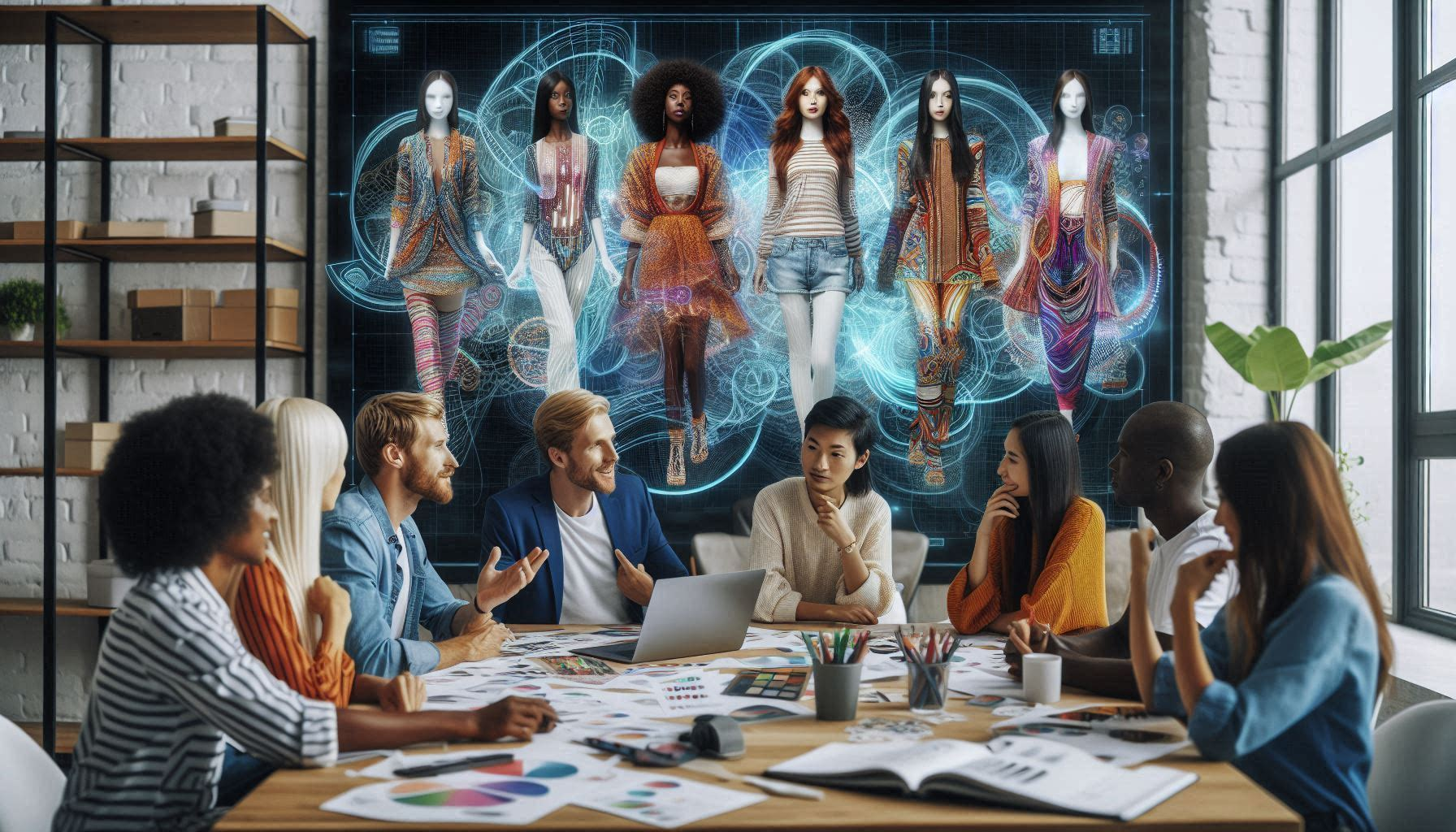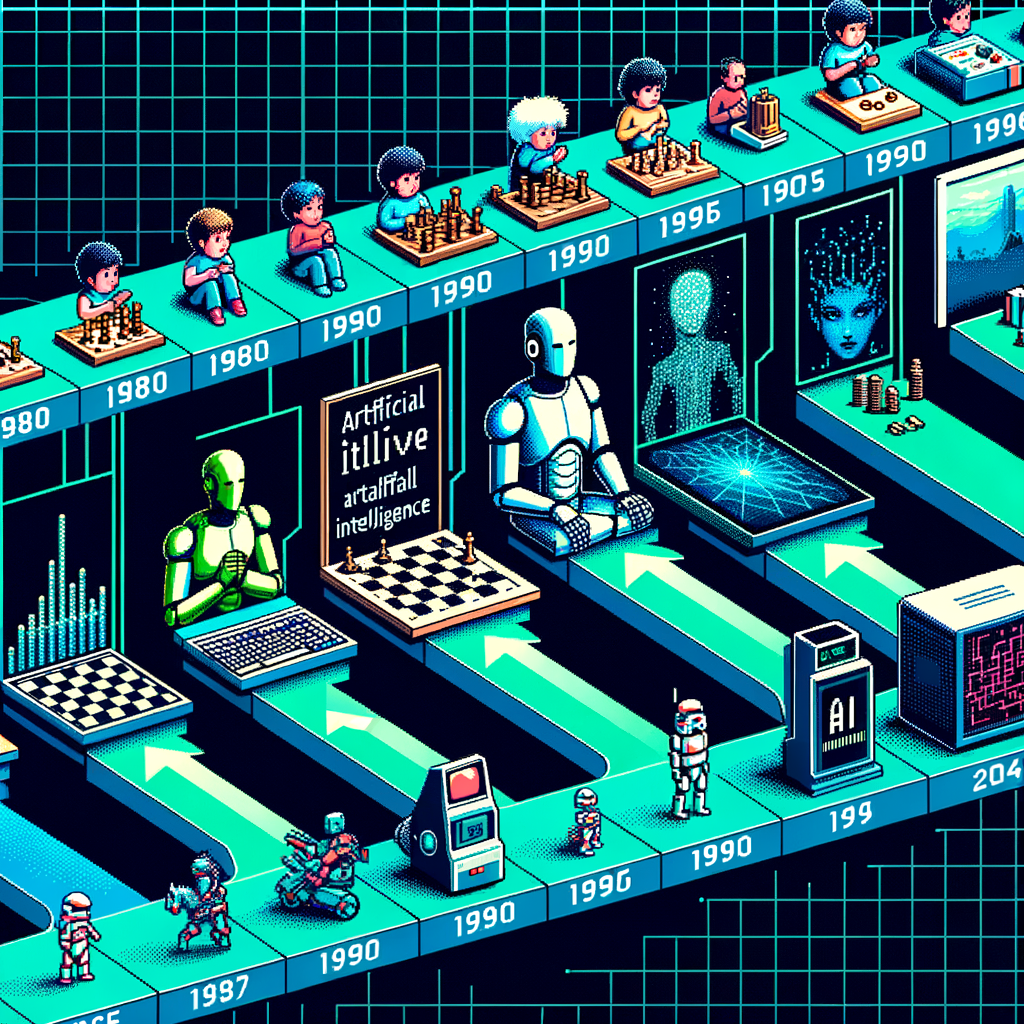
Introduction
The world of gaming has always been a fertile ground for technological innovation. From the early days of pixelated sprites to today's hyper-realistic environments, the industry has consistently pushed the boundaries of what's possible in entertainment. Now, with the advent of artificial intelligence (AI), gaming is entering a new era. AI-generated characters are transforming virtual worlds, bringing unprecedented depth, realism, and interactivity to gaming experiences.
This article delves into the role of AI-generated characters in gaming, exploring how they are created, their impact on the industry, and the future possibilities they hold. We'll also examine the ethical considerations surrounding AI in gaming and provide real-world examples of successful AI-driven games.
Index
- Introduction
- The Evolution of AI in Gaming
- Early AI in Gaming
- The Rise of Complex AI
- The Current State of AI in Gaming
- How AI-Generated Characters Are Created
- Machine Learning and Neural Networks
- Procedural Generation
- Natural Language Processing
- The Impact of AI-Generated Characters on Gaming
- Enhanced Realism and Immersion
- Personalized Gaming Experiences
- Expanding Narrative Possibilities
- Reducing Development Costs and Time
- Ethical Considerations of AI-Generated Characters
- The Uncanny Valley
- Privacy and Data Usage
- The Potential for AI Bias
- The Future of AI-Generated Characters
- AI in Virtual Reality (VR) and Augmented Reality (AR)
- Collaborative AI-Generated Worlds
- AI-Driven Storytelling
- Real-World Examples of AI-Generated Characters in Gaming
- "The Elder Scrolls V: Skyrim"
- "No Man's Sky"
- "Cyberpunk 2077"
- Conclusion
The Evolution of AI in Gaming
Early AI in Gaming
AI has been a part of gaming for decades, albeit in a much simpler form. Early games like "Pac-Man" and "Space Invaders" featured rudimentary AI that controlled the behavior of non-player characters (NPCs). These AI systems were based on pre-programmed rules and patterns, offering a basic level of challenge to players.
The Rise of Complex AI
As technology advanced, so did AI in gaming. The 1990s and 2000s saw the introduction of more sophisticated AI systems, particularly in genres like strategy and role-playing games (RPGs). Games like "Civilization" and "The Sims" used AI to create dynamic worlds where NPCs could make decisions, adapt to player actions, and exhibit more human-like behavior.
The Current State of AI in Gaming
Today, AI in gaming has reached new heights. Modern games feature AI-driven characters that can learn from player behavior, adapt to different playstyles, and interact with the game world in complex ways. This evolution has paved the way for the next big leap: AI-generated characters.
How AI-Generated Characters Are Created
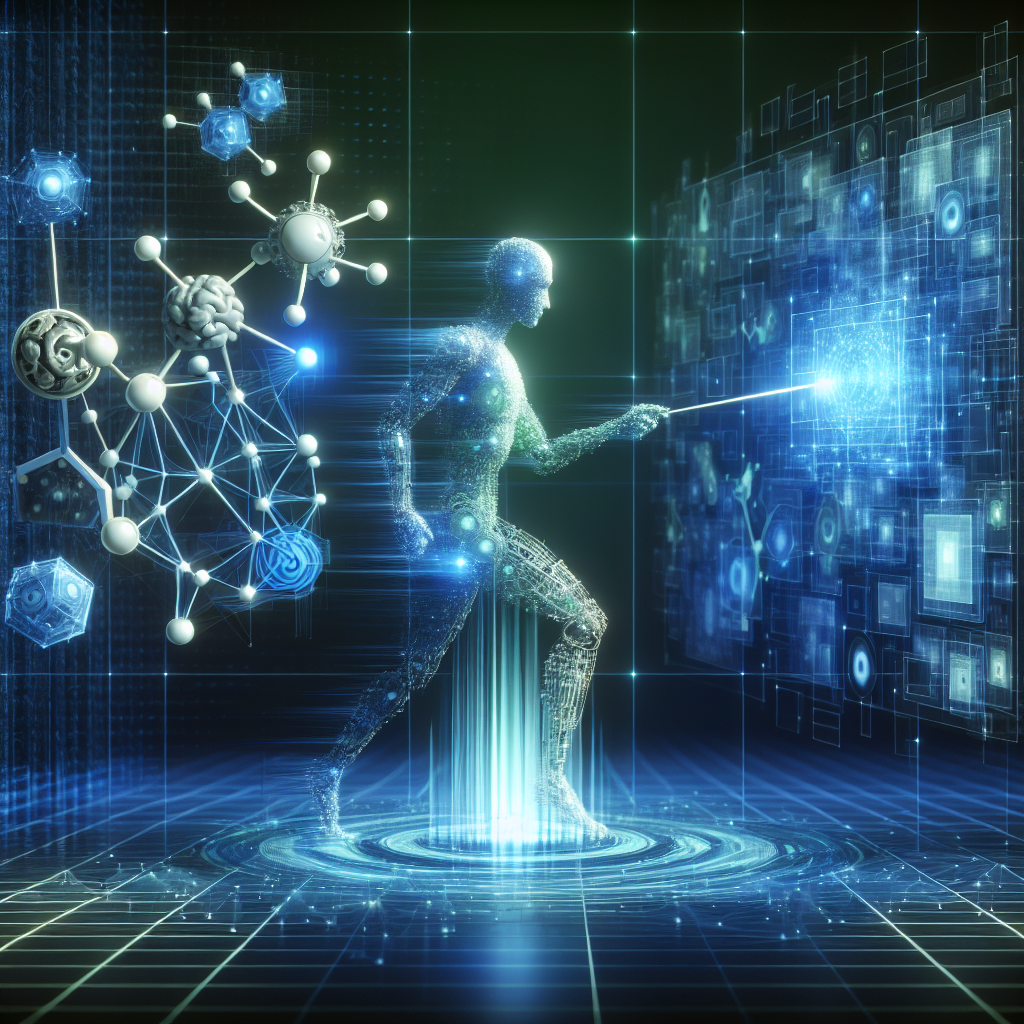
Machine Learning and Neural Networks
The creation of AI-generated characters relies heavily on machine learning and neural networks. These AI systems are trained on vast datasets, which can include everything from character designs and animations to voice recordings and behavioral patterns. By analyzing this data, AI can generate new characters that are both unique and lifelike.
Procedural Generation
Procedural generation is another key technique used in creating AI-generated characters. This method involves using algorithms to generate content on the fly rather than relying on pre-designed assets. In gaming, procedural generation has been used to create everything from landscapes to entire game worlds. Now, it's being applied to character creation, allowing for the generation of characters that are tailored to specific game environments and narratives.
Natural Language Processing
Natural language processing (NLP) is essential for AI-generated characters that can engage in meaningful conversations with players. NLP allows AI characters to understand and respond to player input in a way that feels natural and contextually appropriate. This technology is critical for creating immersive, interactive experiences where players can build relationships with AI-driven characters.
The Impact of AI-Generated Characters on Gaming
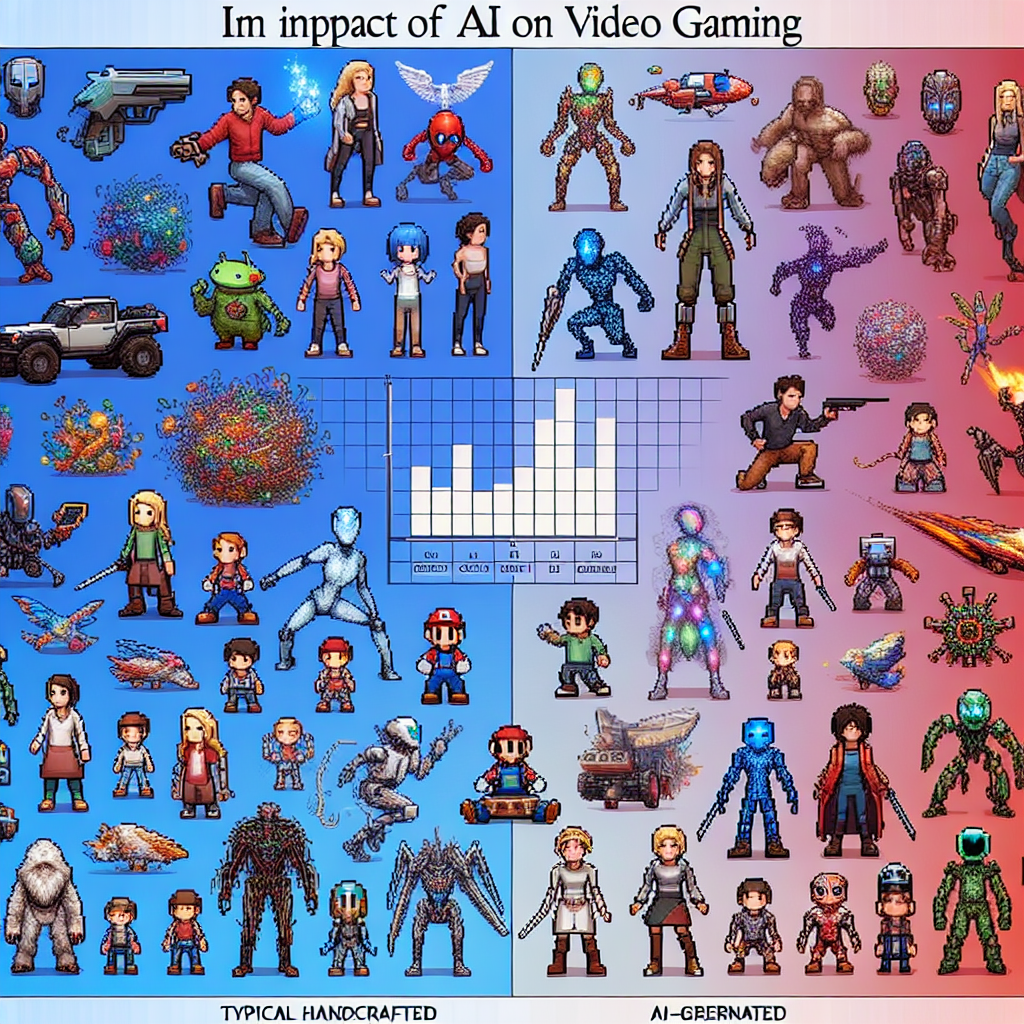
Enhanced Realism and Immersion
One of the most significant impacts of AI-generated characters is the enhanced realism they bring to gaming. These characters can exhibit complex behaviors, emotions, and interactions that mirror real life. This level of detail creates a more immersive experience, drawing players deeper into the game world.
Personalized Gaming Experiences
AI-generated characters can adapt to individual players, creating personalized gaming experiences. For example, an AI character might learn a player's preferences and adjust its behavior accordingly, offering challenges or support tailored to the player's style. This personalization adds a new layer of depth to games, making each playthrough unique.
Expanding Narrative Possibilities
AI-generated characters also expand the narrative possibilities in games. Traditional game narratives are often linear, with pre-defined storylines and character arcs. However, AI-driven characters can create dynamic, evolving stories that respond to player choices in real-time. This capability opens up new avenues for storytelling in games, where players can influence the direction of the narrative in ways that were previously impossible.
Reducing Development Costs and Time
The use of AI in character creation can also reduce development costs and time. Traditionally, creating detailed characters requires significant resources, including artists, animators, and voice actors. AI can automate much of this process, generating characters quickly and efficiently, allowing developers to focus on other aspects of game design.
Ethical Considerations of AI-Generated Characters
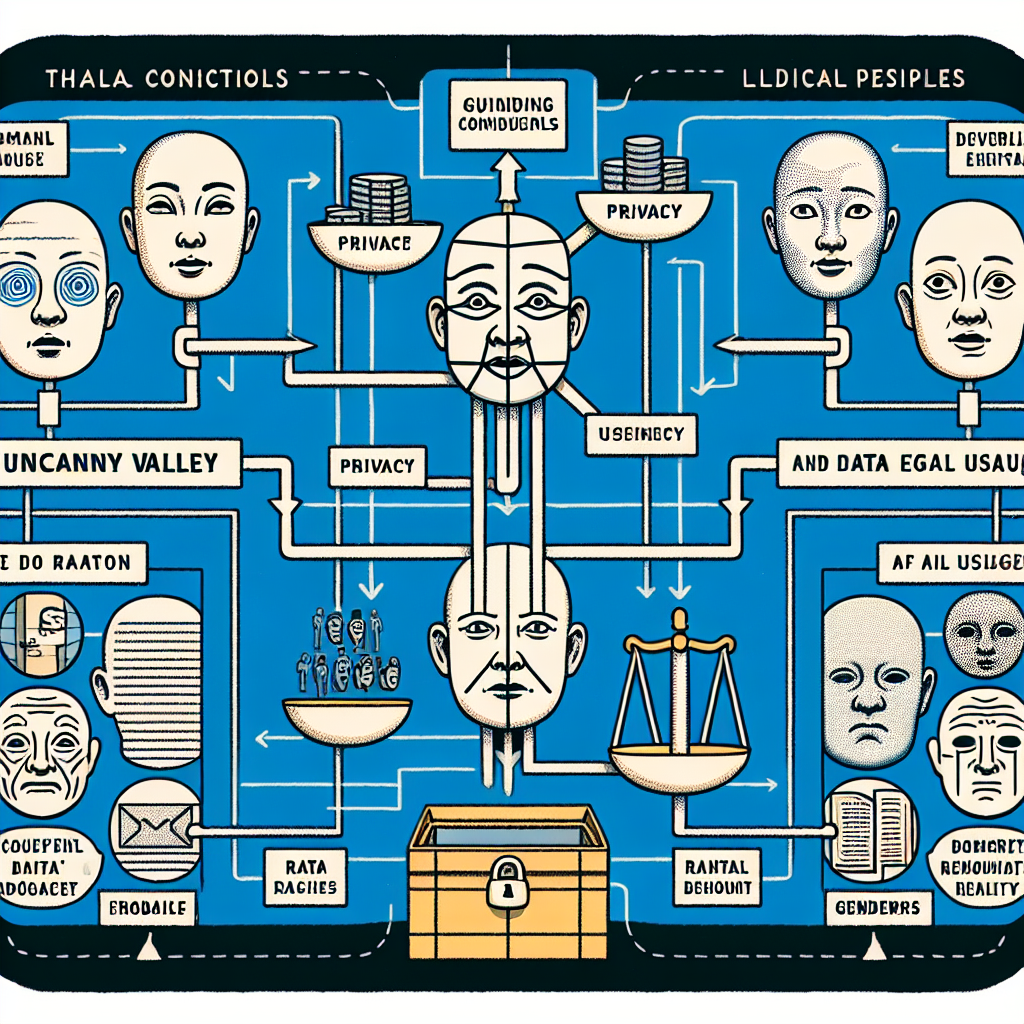
The Uncanny Valley
One of the primary ethical concerns with AI-generated characters is the "uncanny valley" effect. This phenomenon occurs when a character appears almost human but has subtle differences that make it unsettling to players. Developers must carefully balance realism and stylization to avoid triggering this effect.
Privacy and Data Usage
AI-generated characters often rely on large datasets to learn and evolve. However, the use of such data raises privacy concerns, particularly if personal data is involved. Game developers must ensure that they handle data ethically and comply with regulations like GDPR.
The Potential for AI Bias
AI systems can inadvertently learn and replicate biases present in the data they are trained on. This can lead to AI-generated characters that reinforce stereotypes or exhibit biased behavior. Developers must be vigilant in addressing potential biases in AI training data to create inclusive and fair gaming experiences.
The Future of AI-Generated Characters
AI in Virtual Reality (VR) and Augmented Reality (AR)
As VR and AR technologies continue to advance, AI-generated characters will play an increasingly important role in these immersive environments. In VR, AI-driven characters can interact with players in real-time, creating lifelike social interactions that enhance the sense of presence. In AR, AI characters can be overlaid onto the real world, creating hybrid experiences that blend reality and virtuality.
Collaborative AI-Generated Worlds
The future of AI-generated characters may also involve collaborative AI-generated worlds, where multiple AI systems work together to create dynamic, evolving environments. These worlds could offer endless possibilities for exploration and interaction, with AI characters that evolve and adapt over time.
AI-Driven Storytelling
AI-generated characters are also poised to revolutionize storytelling in games. In the future, AI systems could create entire narratives, generating storylines, dialogues, and character arcs that are tailored to individual players. This would allow for truly personalized storytelling experiences where no two players experience the same story.
Real-World Examples of AI-Generated Characters in Gaming
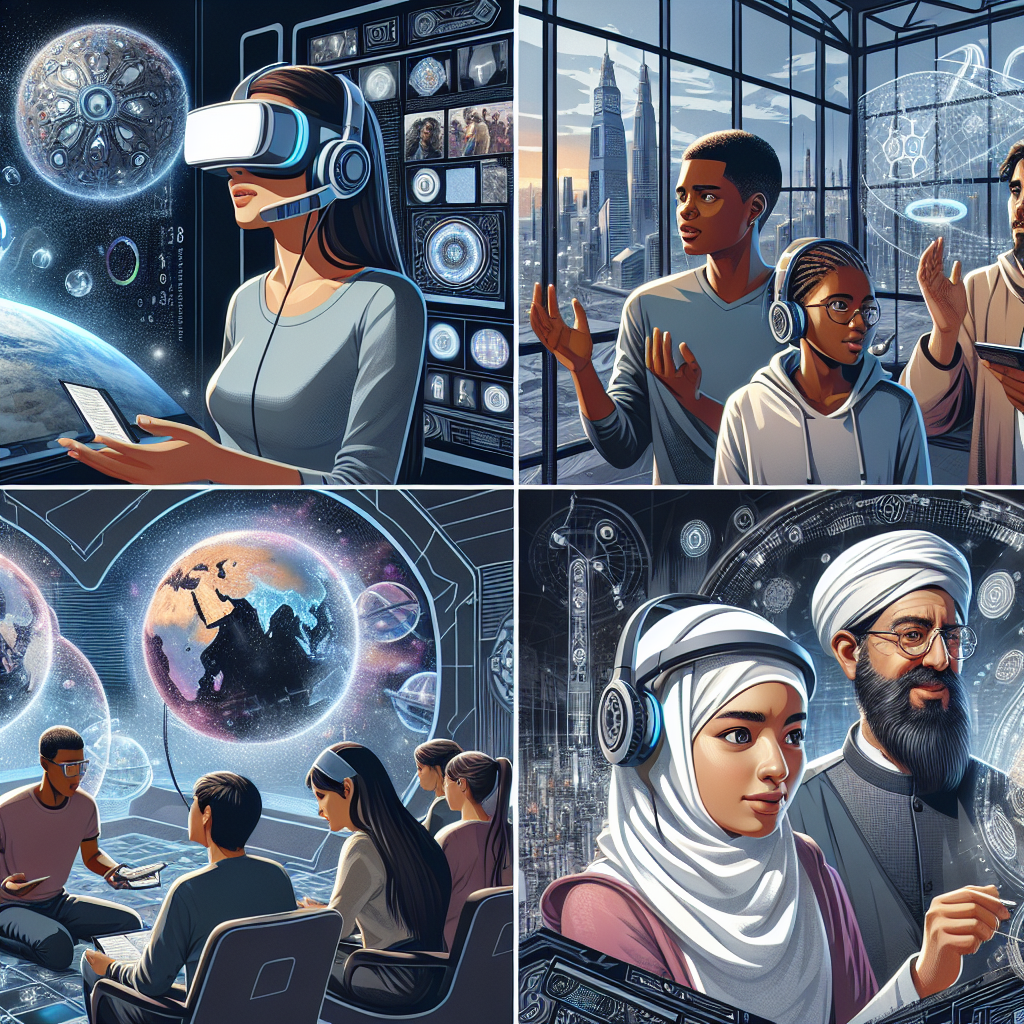
"The Elder Scrolls V: Skyrim"
One of the most popular games to feature AI-generated characters is "The Elder Scrolls V: Skyrim." This open-world RPG uses AI to create dynamic NPCs that can interact with players in various ways. The game's AI-driven characters have become iconic, contributing to its enduring popularity.
"No Man's Sky"
"No Man's Sky" is another game that utilizes AI-generated content, including characters. The game features a procedurally generated universe with countless planets, each populated by unique AI-driven creatures. This use of AI has allowed the game to offer a virtually limitless exploration experience.
"Cyberpunk 2077"
"Cyberpunk 2077" is a more recent example of AI-generated characters in gaming. The game features AI-driven NPCs that can adapt to the player's actions and choices, creating a dynamic narrative experience. Despite its initial controversies, "Cyberpunk 2077" showcases the potential of AI-generated characters in creating immersive game worlds.
Summary and Conclusion
AI-generated characters are at the forefront of a new era in gaming, bringing unprecedented realism, personalization, and narrative depth to virtual worlds. By leveraging advanced techniques like machine learning, procedural generation, and natural language processing, developers can create characters that not only look and behave like real
